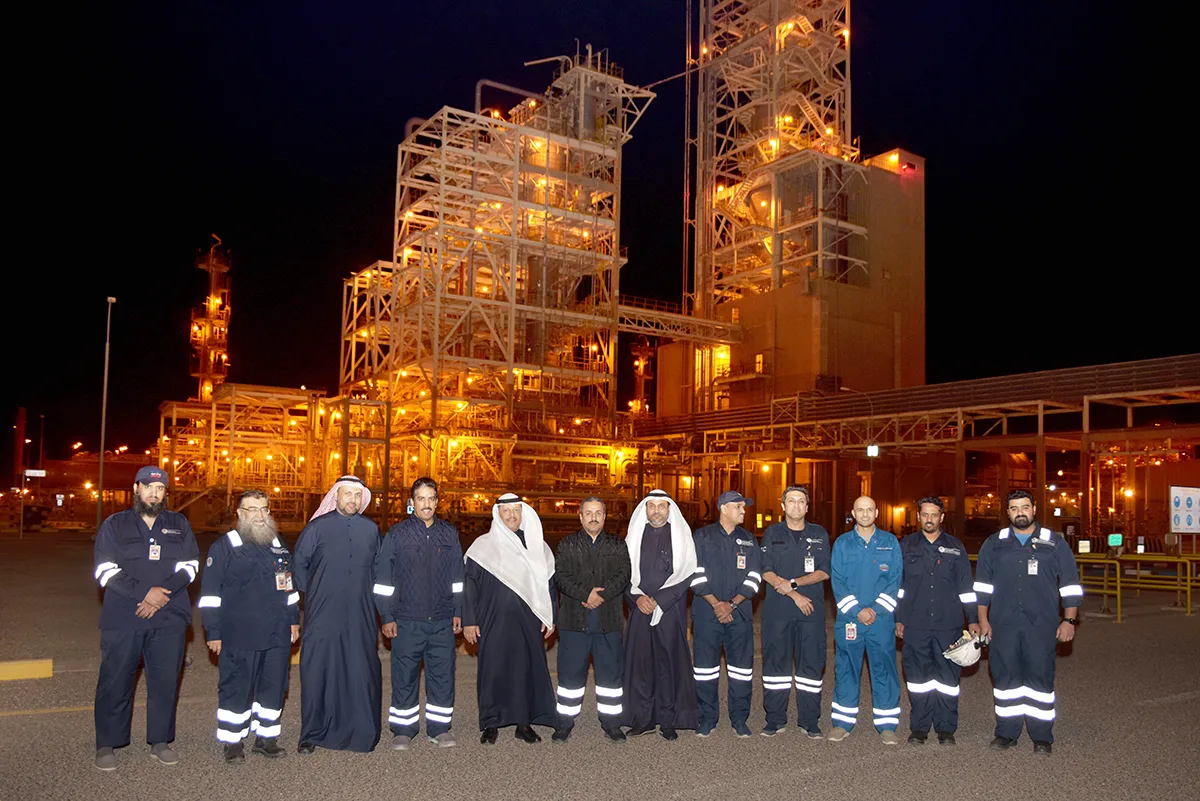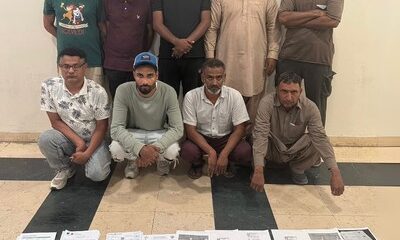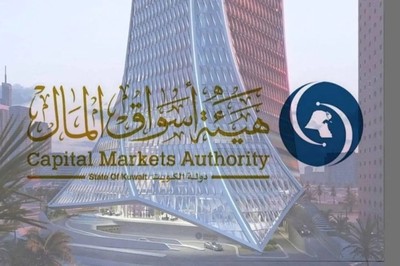KUWAIT CITY, April 26: Kuwait’s Petrochemical Industries Company (PIC), a subsidiary of Kuwait Petroleum Corporation (KPC), has secured a significant partnership with China’s Wanhua Chemical Group. The agreement grants PIC a 25% stake in a group of petrochemical plants located in Yantai, China. These facilities specialize in producing high-value chemicals such as propylene oxide, tert-butyl alcohol, acrylic acid, and butyl acrylate. This acquisition is poised to diversify PIC’s product portfolio and enhance its strategic position in the global petrochemical market.
The partnership aligns with KPC’s long-term vision for the petrochemical sector, aiming for significant growth by 2040. KPC CEO Sheikh Nawaf Saud Al-Nasser Al-Sabah emphasized that this agreement represents the largest Kuwaiti investment in China’s petrochemical industry, marking a milestone in the evolving bilateral relations between Kuwait and China. He noted that the collaboration shifts the relationship from traditional petroleum derivative supply agreements to a strategic partnership focused on value creation.
Wanhua Chemical Chairman Liao Zengtai highlighted that the cooperation, which dates back to 2013, has evolved based on shared values and complementary capabilities. He expressed confidence that this new partnership will drive growth in the petrochemical industry in Yantai and beyond.
PIC CEO Nadia Al-Hajji underscored the project’s importance in advancing PIC’s strategy, fostering innovation, and promoting mutual growth. She emphasized that the collaboration reflects mutual trust and a shared vision for sustainable development.
Wanhua Chemical Chairman Qu Guangwu reiterated his company’s commitment to smart manufacturing and green technology. He noted that the partnership with PIC aims to leverage both parties’ strengths along the petrochemical industry chain, enhancing mutual benefits and revitalizing the industry.
KPC Managing Director of International Marketing, Sheikh Khaled Ahmed Al-Sabah, reflected on the longstanding relationship between KPC and Wanhua, which began with petroleum derivative supply agreements. He emphasized that this partnership not only strengthens industrial ties between Kuwait and China but also represents a shared commitment to innovation and sustainable growth in the global chemical sector.
To ensure thorough evaluation of the acquisition, PIC enlisted the assistance of major international consulting firms. Citigroup Global Markets Limited acted as the financial advisor, while Ashurst LLP served as the legal advisor.
The agreement was officially signed in Yantai, China, by PIC CEO Nadia Al-Hajji and Wanhua Chemical President Qu Guangwu, in the presence of KPC CEO Sheikh Nawaf Al-Sabah and Wanhua Chemical Chairman Liao Zengtai. The signing ceremony was attended by dignitaries and officials from both sides, including KPC Managing Director Sheikh Khaled Al-Sabah, Advisor to the Embassy of the State of Kuwait in Beijing Faisal Al-Shammari, Deputy Managing Director Waleed Al-Mukhaizeem, and Executive Vice President for Projects and Business Development at PIC Firas Al-Awad, along with a high-level Kuwaiti delegation and senior executives from both companies.
Established in 1963, PIC is the petrochemical arm of Kuwait Petroleum Corporation and is a regional leader in the petrochemical sector with a global presence across Asia, the Middle East, Europe, and North America. Wanhua Chemical is a leading global supplier of innovative chemical products. Through continuous innovation, advanced manufacturing facilities, and operational efficiency, it offers its customers more competitive products and solutions.

 Business22 hours ago
Business22 hours ago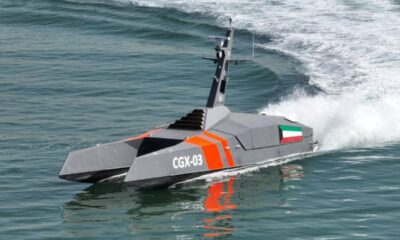
 Latest News23 hours ago
Latest News23 hours ago
 Latest News24 hours ago
Latest News24 hours ago
 Politics20 hours ago
Politics20 hours ago
 Latest News19 hours ago
Latest News19 hours ago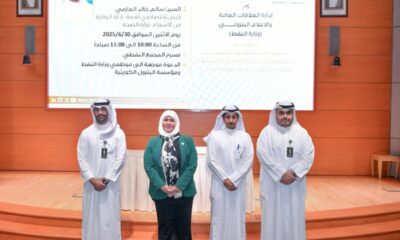
 Latest News17 hours ago
Latest News17 hours ago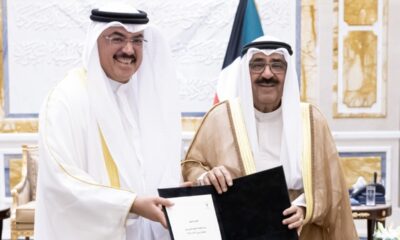
 Latest News20 hours ago
Latest News20 hours ago
 Politics19 hours ago
Politics19 hours ago

